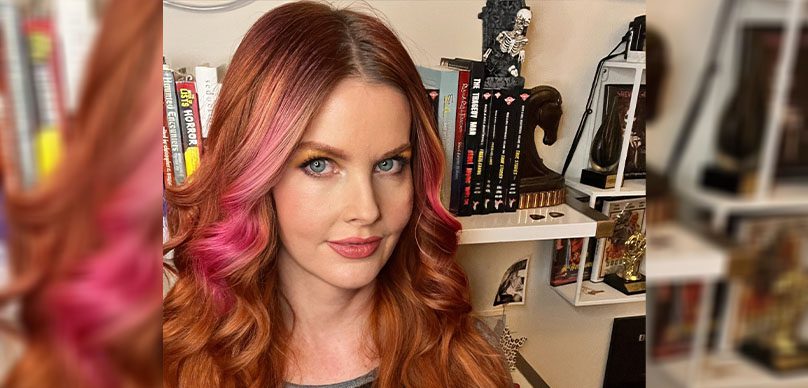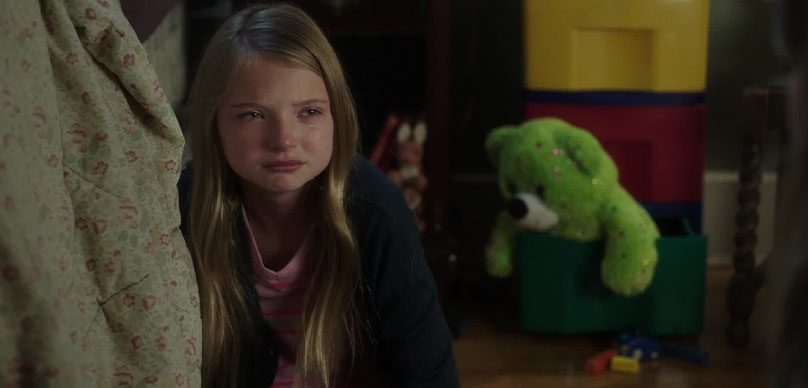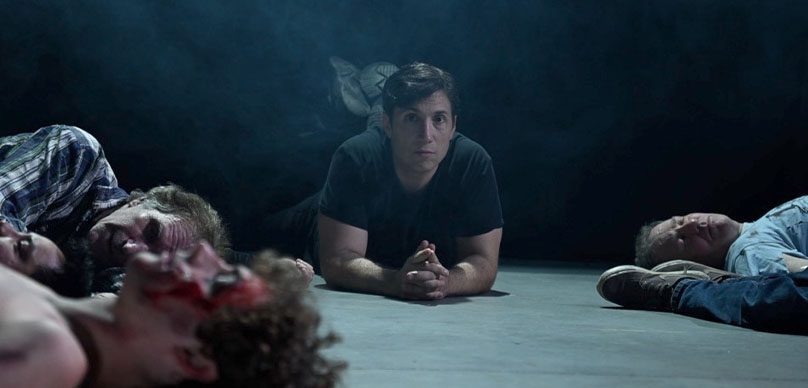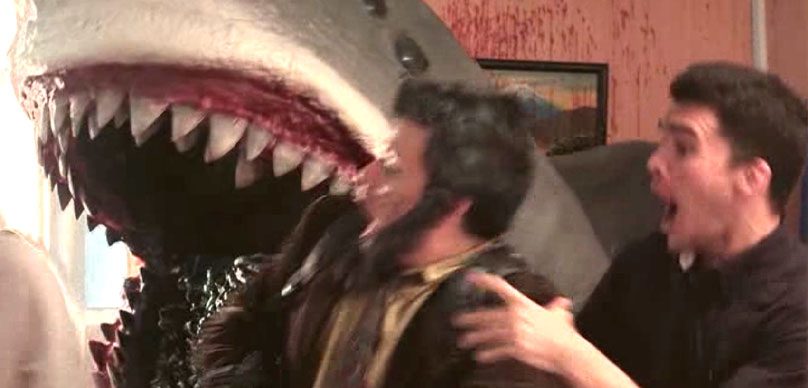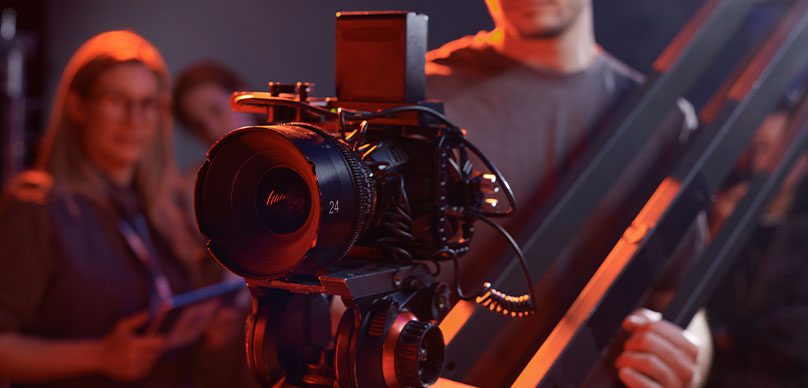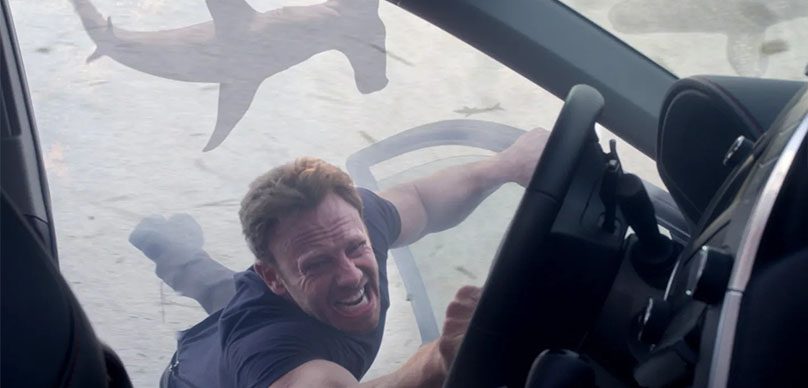There’s a peculiar thrill in watching a life unfold like a vintage film reel, colored with grit, glamour, and the groan of old rock records spinning in a smoky LA loft. On today’s episode, we welcome the multifaceted Staci Layne Wilson, a writer, filmmaker, and daughter of two celebrity parents whose life reads like a gothic Hollywood novella.
Staci Layne Wilson is an award-winning filmmaker, entertainment journalist, and author of the bestselling memoir So L.A.: A Hollywood Memoir, whose life experiences swirl together like a psychedelic dream on celluloid.
Born in Los Angeles and still a proud inhabitant, Staci’s story is a rare alchemy of nature and nurture. Her father, Don Wilson of the legendary instrumental band The Ventures, and her mother, a former pin-up model, gave her both the genes and the stage for a life draped in creative expression. Yet, as she shares, it wasn’t a direct shot into filmmaking. In fact, it was horseback riding—not film reels—that captivated her childhood heart. “Horses were my best friends,” she recalls, describing the grounding experience of caring for animals in a city defined by illusion. It’s in this juxtaposition—hoofbeats against Hollywood glitz—that her authentic voice begins to emerge.
Her path into film was, as with many worthwhile things, a beautiful accident. A writer of horror novels, she was tapped by film publications to review movies, eventually shifting from reviewing to making them. Her first film—an Edgar Allan Poe-inspired short—emerged from this new cinematic hunger, and she was hooked. There’s an almost Taoist rhythm to how she describes this evolution, not as ambition but as an organic unfolding: “It wasn’t something I woke up and decided to do. It just seemed like a natural evolution.”
Working with a tight network of artists she knew from her journalism days, she crafted films with minimal budgets but maximum creativity. Shot in five days, her features are pulpy, energetic, and unapologetically raw. She calls it a “Roger Corman style” of filmmaking—a nod to the late-night, grindhouse roots of LA’s indie scene. But beneath the kitsch and blood-splatter lies a real artistry. “To me, style in cinema speaks volumes,” she says, and it’s clear that for her, visual storytelling is a sacred language.
Her latest short, Psychotherapy, co-created with actress Brooke Lewis, dives into the psychological thriller realm with all the visual flair of De Palma’s Dressed to Kill. It’s won awards and caught fire on the festival circuit. But filmmaking is just one of her many brushes. Her memoir, So L.A., is an irreverent, heartfelt recollection of growing up amidst rock stars, alcoholic monkeys (yes, really), and the occasional trip to the Playboy Mansion. Staci writes about her parents with compassion and candor, peeling back the layers of celebrity mythos to reveal flawed, fascinating humans. “They don’t care who your parents are,” she says, speaking of horses—but the same seems true of her worldview. Fame is incidental. Truth is what matters.
As we sip from the many cups Staci offers—journalism, directing, memoir-writing—we begin to see a life lived not for the applause, but for the art. Whether she’s reminiscing about fake IDs at the Rainbow Bar and Grill or planning her next big swing: a long-overdue documentary on The Ventures, her father’s iconic band—she’s driven by curiosity, creativity, and, above all, confidence.

